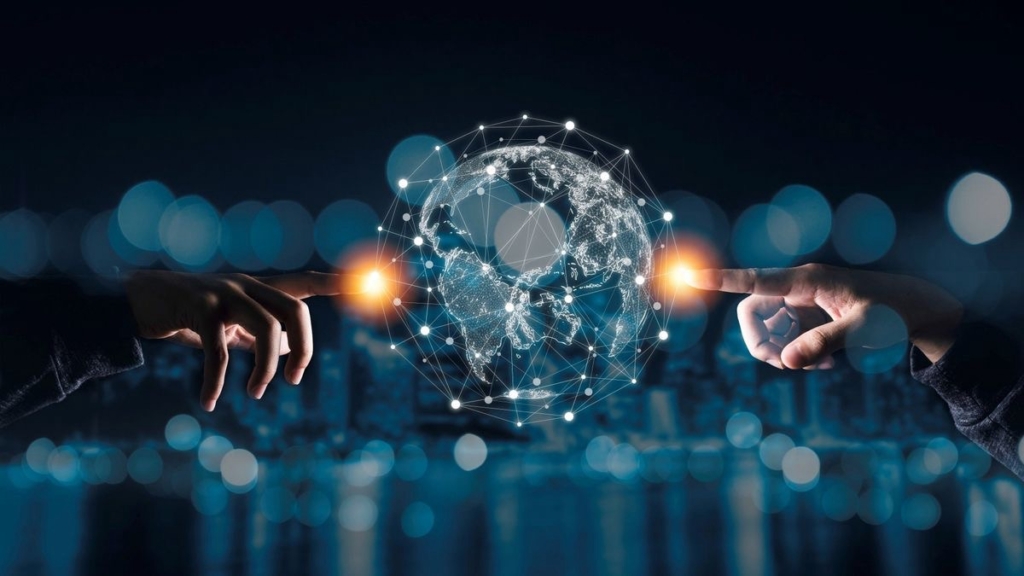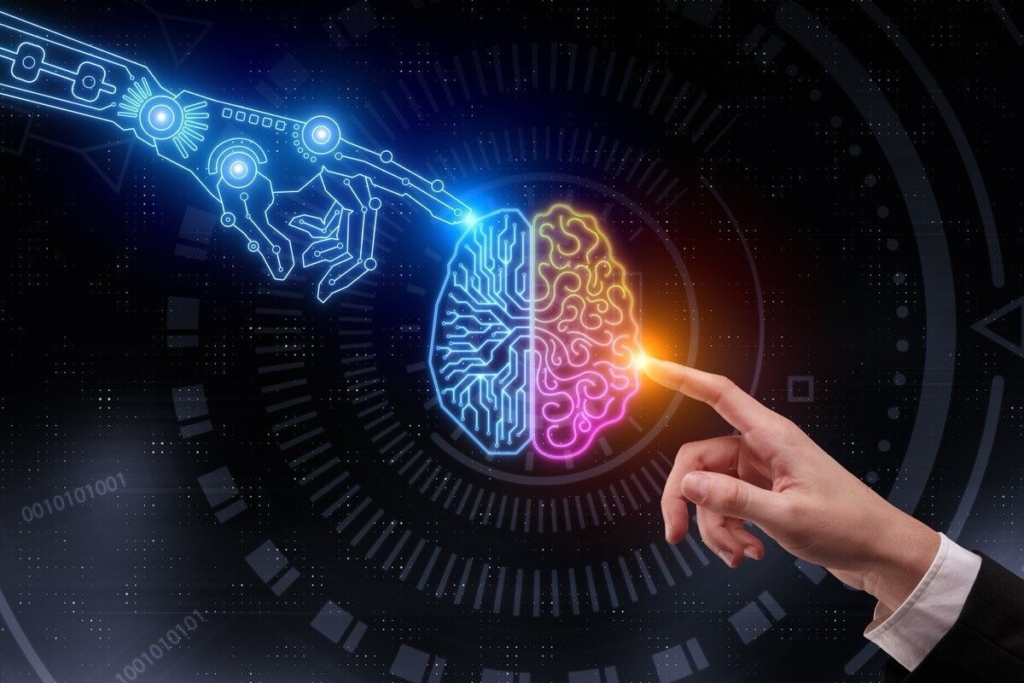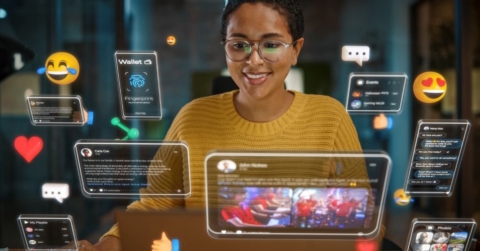Will AI Take All Our Jobs? Let’s Discuss It
Every few decades, the world experiences waves of panic about technology taking our livelihoods. From the steam engines of the Industrial Revolution to the rise of assembly-line robots, there has always been a concern that the machines we create will outpace the workers who built them. And now, we find ourselves at a similar crossroads: Artificial Intelligence (AI) is the new contender, sparking debates about the future of work.
But is this fear justified? Let’s unpack this idea layer by layer.
AI: The Job Terminator or Job Transformer?
Indeed, AI is becoming smarter, faster, and more capable of performing tasks once thought to be exclusively human. It’s diagnosing diseases, drafting emails, designing logos, and even attempting to write novels. However, for every task that AI masters, it also creates new opportunities. History shows that technological advancements often generate more jobs than they destroy though admittedly, those jobs may look very different from what we know today.
Consider the introduction of ATMs. When ATMs became popular, many worried that bank tellers would become obsolete. Instead, ATMs freed tellers from routine cash-dispensing tasks, allowing them to focus on customer service, loans, and financial advice. Similarly, AI can handle mundane, repetitive tasks, empowering humans to concentrate on creativity, problem-solving, and innovation.
Jobs Most at Risk (And Those Likely Safe)
AI excels in roles that require data analysis, pattern recognition, and repetitive processes. Consequently, jobs in logistics, manufacturing, and even customer service are experiencing automation. However, certain positions, especially those involving emotional intelligence, human connection, or creative thinking are less likely to be replaced.
Think about teachers, therapists, artists, and chefs. Could an AI teach mathematics or suggest coping mechanisms? Possibly. But inspiring a student, empathizing with a grieving client, or crafting a meal that tastes like your grandmother’s? Those tasks remain firmly in the human domain. AI lacks the nuanced understanding of culture, emotion, and lived experiences that make these jobs uniquely human.
How to Future-Proof Yourself in an AI-Driven World
So, what’s the secret to thriving in an AI-enhanced workplace? It revolves around adaptability and lifelong learning. Here are some strategies to stay ahead of the curve:
- Focus on Skills AI Can’t Mimic: Emotional intelligence, creativity, leadership, and critical thinking are more challenging for machines to replicate. Cultivating these skills will make you invaluable.
- Embrace Technology, Don’t Fear It: Learn to work with AI tools rather than against them. Being tech-savvy will soon be as essential as basic literacy.
- Stay Curious: The ability to learn and adapt is crucial. Whether it’s coding, digital marketing, or public speaking, continually expand your skill set.
- Lean Into Collaboration: While AI may excel at solo tasks, teamwork, brainstorming, and building relationships are still uniquely human strengths.

A World with AI: Paradise or Nightmare?
Imagine a future where AI handles all the tedious tasks the spreadsheets, the inventory checks, and the endless Zoom calls. In this scenario, humans could focus on passion projects, community building, and tackling major challenges like climate change. Does that sound like a utopia?
Of course, the road ahead isn’t without challenges. Economic inequality, ethical concerns, and job displacement are real issues that require attention. Governments, businesses, and individuals all have roles to play in ensuring that the AI revolution benefits everyone.
The Bottom Line
AI isn’t here to take over our lives, it’s here to transform them. Like every wave of technological change before it, there will be winners and losers. However, with the right mindset and preparation, you can position yourself among the winners.
Instead of asking, “Will AI take my job?” perhaps a better question is, “How can I use AI to enhance my job and my life?”
The future isn’t predetermined. Thankfully, we humans still hold the pen.







